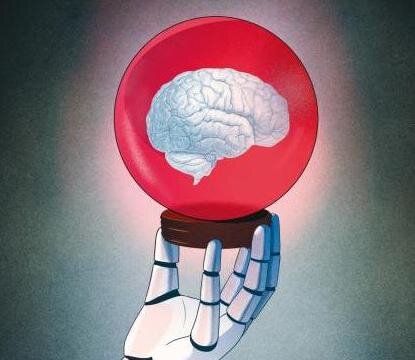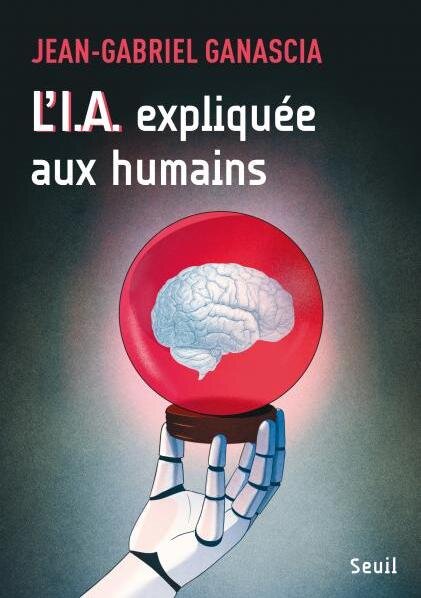A.I. explained to humans
5 March| Presentation of Jean-Gabriel Ganascia's book
Wednesday
05
March
2025
5:30 pm
6:30 pm

- Seminar in french -
Published at 3 March 2025






